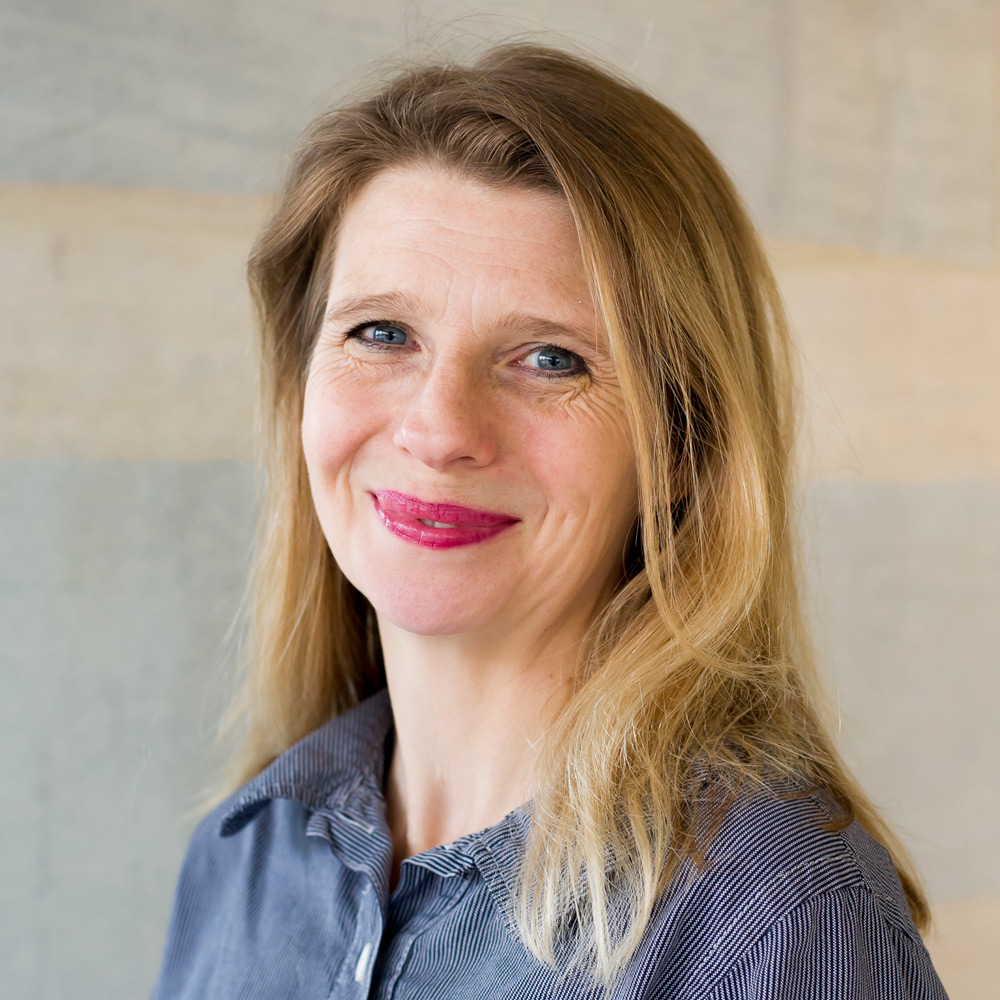The word ‘theatre’ comes from ‘theatron’ which in Greek means ‘seeing place’ – so theatre is literally a ‘seeing place’ or a ‘place where we can behold.’ The ability to look at ourselves of course improves our lives, in a myriad ways.
One way is that it allows us to understand ourselves and other people better. We can step aside from our habitual, personal modes of being, thinking and behaving, and look at what it means to be human afresh, through the eyes of fictional characters whom we can respond to with more objectivity than we can when we look at ourselves and real people we know. We can see ideas from many perspectives at once, because good drama is peopled by many opposing and conflicting voices and viewpoints.
Theatre can show us how our most intimate and seemingly private experiences have a connection outwards into the wider world; any event, any action or conversation, no matter how small, takes place in a particular time and place; it is connected to society, politics, history and the wider world. Theatre relentlessly makes the connection between the private and the public – it shows how power behaves behind closed doors; and it shows how what happens to private individuals behind closed doors is shaped by the great forces of our times, be they political, social or indeed ecological.
It can therefore do a great deal to audiences, and it can do so, under the radar, by seducing us with laughter, with beauty, with pathos, with story and suspense. All of this can be part of that complex process by which people change – within themselves. And when that happens – who knows where the process will end?
I’ve been hugely lucky in my career to make and think about theatre and drama in lots of different ways – in mainstream theatre but also in museums, in schools, on the radio, and with people of all ages and abilities. I think if universities pay attention to theatre – by teaching it, and researching it, and discussing it, and contributing to it – then we are using whatever power we have as academics to assert its importance and centrality in our society; and we are also making a case for its intellectual and spiritual value.
We can draw attention to theatre artists that the world may have unfairly ignored – such as the women directors making theatre in conflict zones who form the group Ariadne (see www.theatreconflictchange.com for the work conducted at Essex with these theatre-makers). Or the artists with learning disabilities in companies such as Razed Roof in Essex or Separate Doors in London.
When doctoral students such as the playwright Dr Judith Johnson pays attention to these groups, and analyses their processes, her work encourages those artists to continue, as well as making the wider world aware of what they are doing. And work such as this also asserts the value of making art, argues for it as way of countering difference, building empathy and providing tools of communication for participants and audiences. Research such as this in universities reinforces the idea that all people are entitled to art, and that the questions raised by art are important.
Studying how drama is made can bring us into contact with cultures across the globe, and can educate us in difference as well as in universality. Maybe occasionally theatre will spark a political or public debate and will hasten change, or affect the tide of public opinion – not inevitably, but sometimes. Theatre and drama is something most people of all ages need a bit of everyday, whether it is Eastenders or a movie or a box-set or a trip to a theatre; drama is where we can look at ourselves and reflect on the meaning of our lives, on the moral choices we make, on the relationships we have, the actions we take, the values we hold dear.
It is where we face our darkest fears and taboos and become reconciled with the idea that one day we will die. And in the interval before then – we need to play, and to laugh, and to imagine, and to pretend, and through all that, understand each other better. Because all change, no matter how big or small, starts with one person seeing clearly how things are; and then, perhaps, imagining how things could be better.


